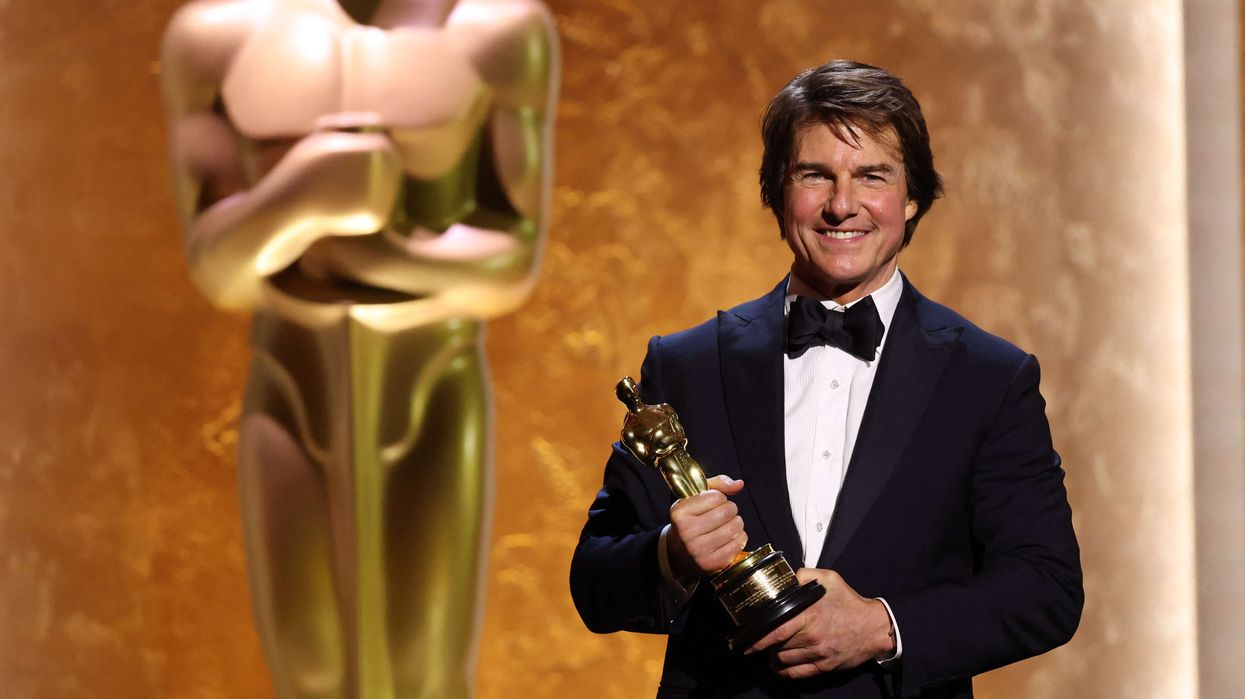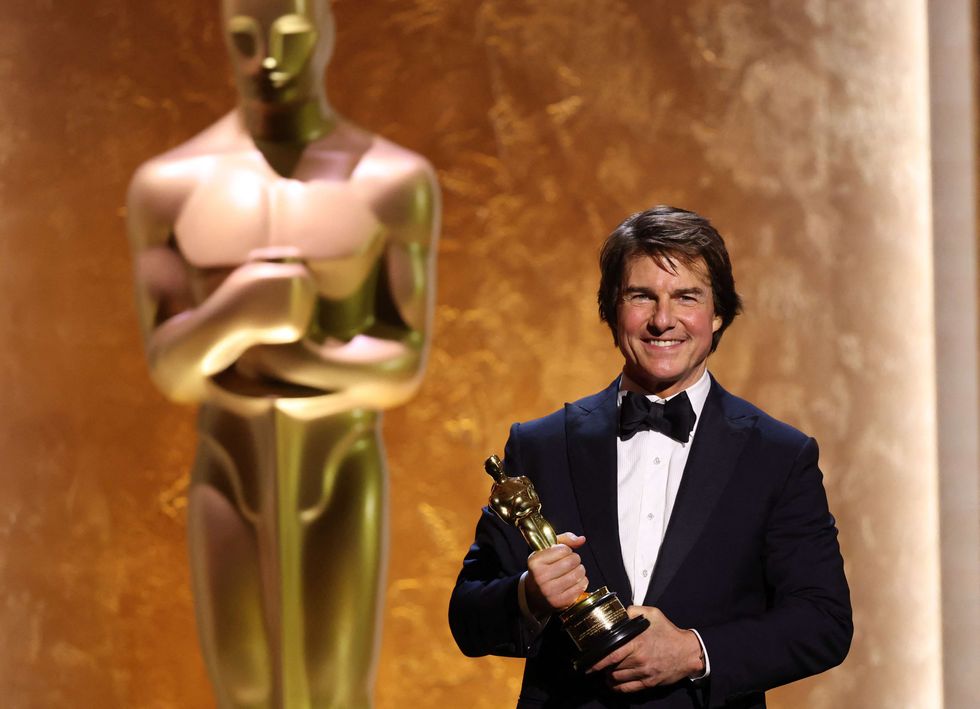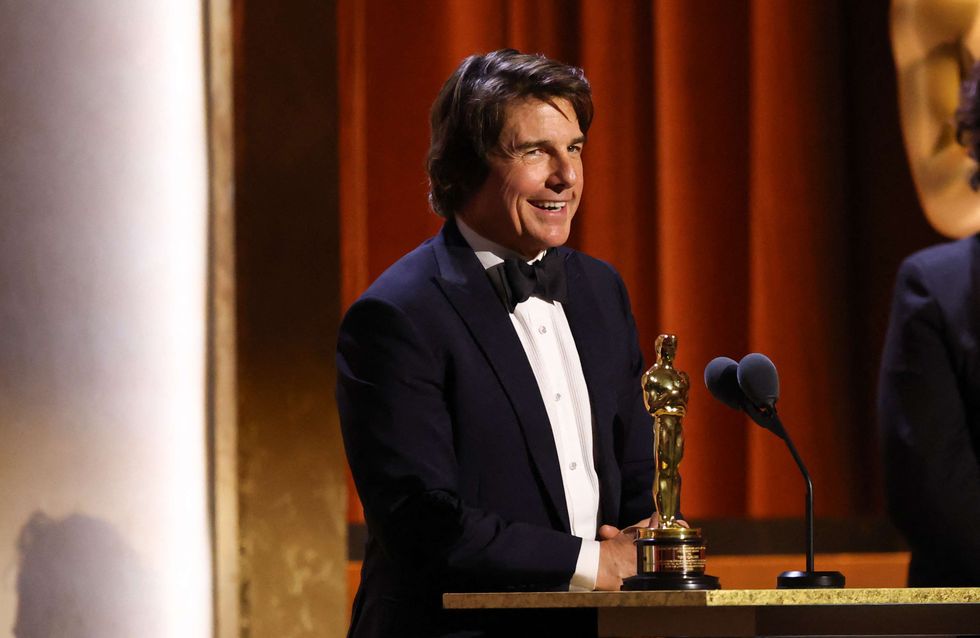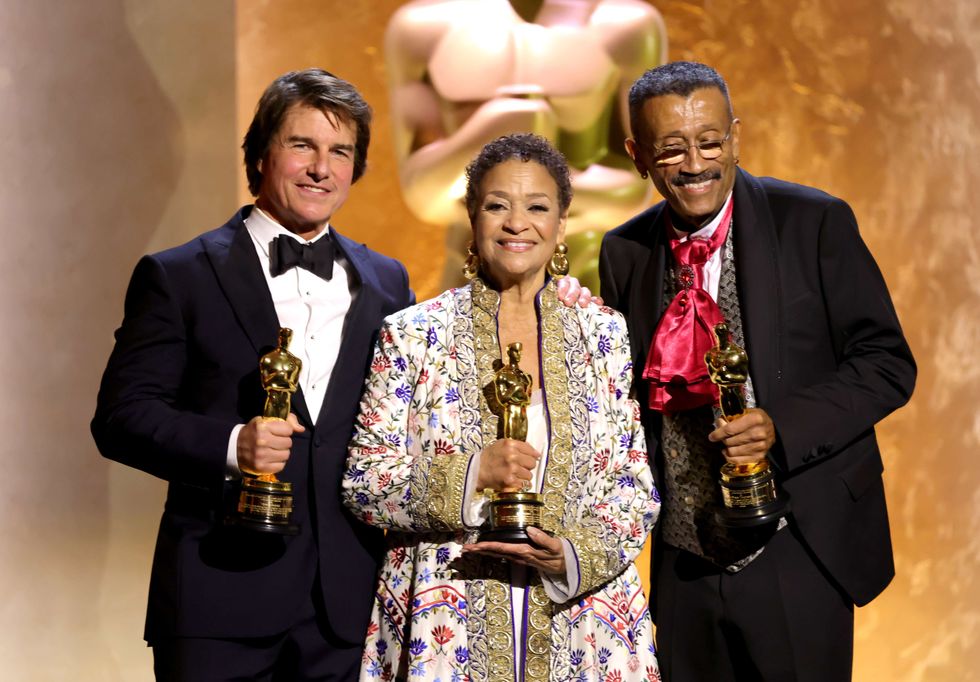A Pakistani anti-terrorism court declared former military ruler Pervez Musharraf a fugitive in ex-prime minister Benazir Bhutto's murder trial Thursday, nearly 10 years after the iconic political figure was gunned down in the streets of Rawalpindi.
The court dismissed charges against five alleged Taliban militants accused of being involved in the killing, while two police officers were found guilty of "mishandling the crime scene", becoming the only people to be convicted in the case.
The most definitive accounts of Bhutto's death claim an assassin shot her in the neck and then blew himself up, killing 24 people.
But observers said Thursday's verdicts, the first to be issued in the decade since the assassination, offered no clarity into who actually orchestrated the killing.
And in a country where conspiracy theories continue to envelop the myriad assassinations of its political figures over decades, Bhutto's death is no exception.
Here is a list of the leading theories behind who killed Bhutto:
The Pakistani state's theory
Musharraf's government blamed the assassination on then-Pakistani Taliban chief Baitullah Mehsud, who denied any involvement. He was killed in a US drone attack in 2009.
Bhutto had been a fierce opponent of Islamic extremists in the country, and had promised to take the fight to militants based in Pakistan's tribal belt.
She was threatened by Al-Qaeda, the Taliban, local jihadist groups and potentially from elements in the Pakistani establishment.
But Pakistani investigators largely focused on lower-level operatives, paying little attention to the hierarchy in the planning, financing, and execution of the assassination.
In 2013 a Pakistani court formally charged Musharraf with Bhutto's killing in an unprecedented move against an ex-army chief.
Musharraf later fled Pakistan in 2016, drawing criticism from opponents after the government lifted a travel ban against him.
He has remained in self-imposed exile ever since.
The UN's theory
At the request of the Pakistan Peoples Party (PPP) government that came into power soon after Bhutto's murder, a three-member UN team of investigators was dispatched to investigate the killing.
In its 70-page report released in 2010, the UN categorically held Musharraf's administration responsible for failing to provide Bhutto with the necessary security to ward off the attack.
"Bhutto's assassination could have been prevented if adequate security measures had been taken," the report said.
The team also cited numerous failures by police to properly investigate the murder and preserve the integrity of the crime scene.
Less than two hours after the attack senior police officer Khurram Shahzad hosed down the the scene. He was one of the two officers convicted Thursday.
The second officer, then-Rawalpindi police chief Saud Aziz, also refused multiple times to allow an autopsy of Bhutto's body to go ahead.
Police told the UN commission that they collected just 23 pieces of evidence from the scene, "in a case where one would normally have expected thousands", according to the report.
But the UN team hinted at something beyond police incompetence, saying the official investigation was likely stifled by the country's security establishment.
"These officials in part fearing intelligence agencies' involvement, were unsure of how vigorously they ought to pursue actions, which they knew, as professionals, they should have taken," it observed.
However the UN team stopped short of naming suspects in the plot to kill Bhutto, saying the responsibility lay with the Pakistani courts.
The conspiracy theories
Following Bhutto's death, the PPP came to power and her widower Asif Ali Zardari was elected president -- but failed to make headway unraveling the mysteries behind the murder, drawing fresh allegations of conspiracy.
Speculation was further fuelled after Zardari's senior aide Bilal Sheikh was killed by a suicide bomber in Karachi in 2013.
Sheikh had been in charge of Bhutto's security when she returned to Karachi from exile in October 2007 when bomb attacks targeted her convoy, killing around 140 people.
However, Chilean diplomat Heraldo Munoz, who led the UN investigation, said it was ridiculous to imagine Bhutto's widower had been involved in her death.
Al-Qaeda wanted her dead, he has argued, while the Pakistani Taliban executed the attack -- possibly with support of rogue intelligence agents -- and local police did a cover-up he was convinced "came from higher up".
He has further argued that Bhutto's own security failed her and those who encouraged her to return to Pakistan did not provide her with protection.
Other unconfirmed speculation pointed towards Bhutto's trusted bodyguard Khalid Shahensha, with video clips showing him making strange gestures at the podium where Bhutto addressed the rally moments before her death.
Months after the assassination, Shahensha was also gunned down mysteriously in Karachi.





 Tom Cruise wins honorary Oscar at Governors Awards after emotional speech Getty Images
Tom Cruise wins honorary Oscar at Governors Awards after emotional speech Getty Images  Tom Cruise wins honorary Oscar as standout moment of the Governors AwardsGetty Images
Tom Cruise wins honorary Oscar as standout moment of the Governors AwardsGetty Images Tom Cruise wins honorary Oscar and delivers one of the night’s strongest speechesGetty Images
Tom Cruise wins honorary Oscar and delivers one of the night’s strongest speechesGetty Images Honorees Tom Cruise, Debbie Allen, and Wynn Thomas pose onstage during the 16th Governors Awards Getty Images
Honorees Tom Cruise, Debbie Allen, and Wynn Thomas pose onstage during the 16th Governors Awards Getty Images






